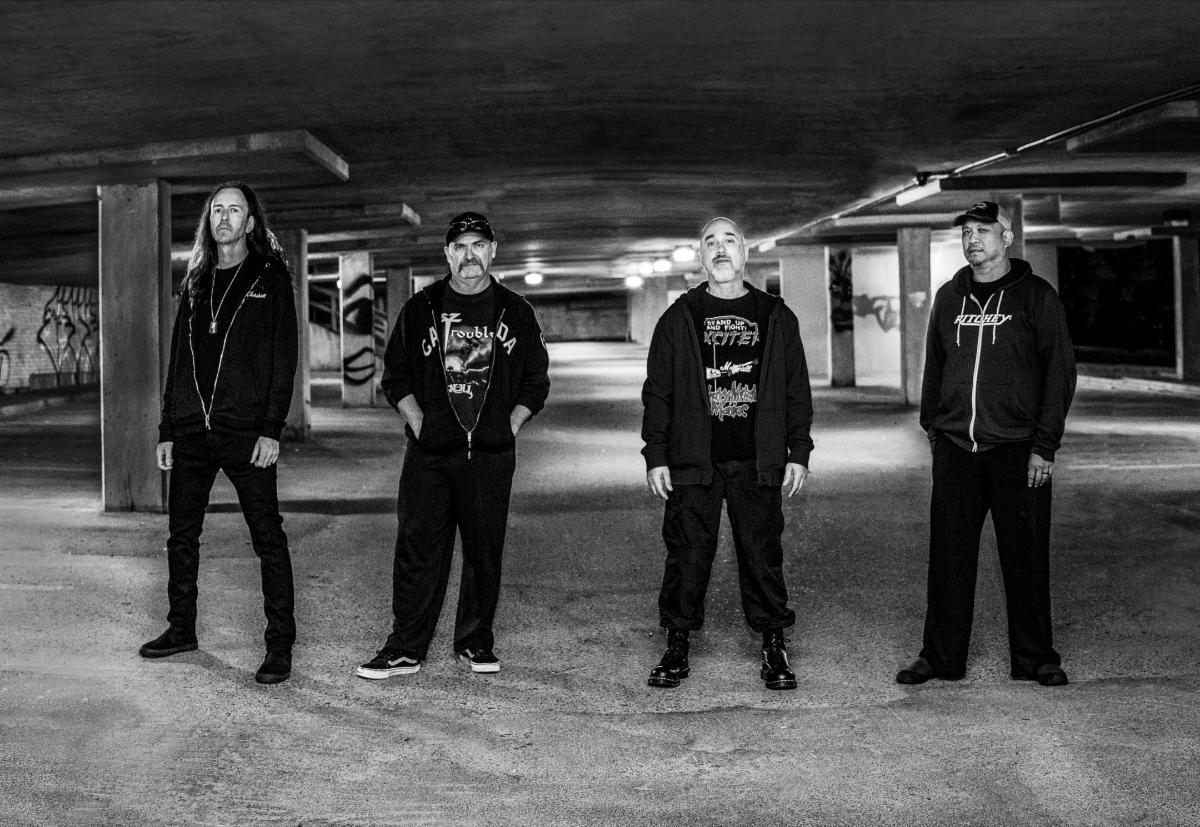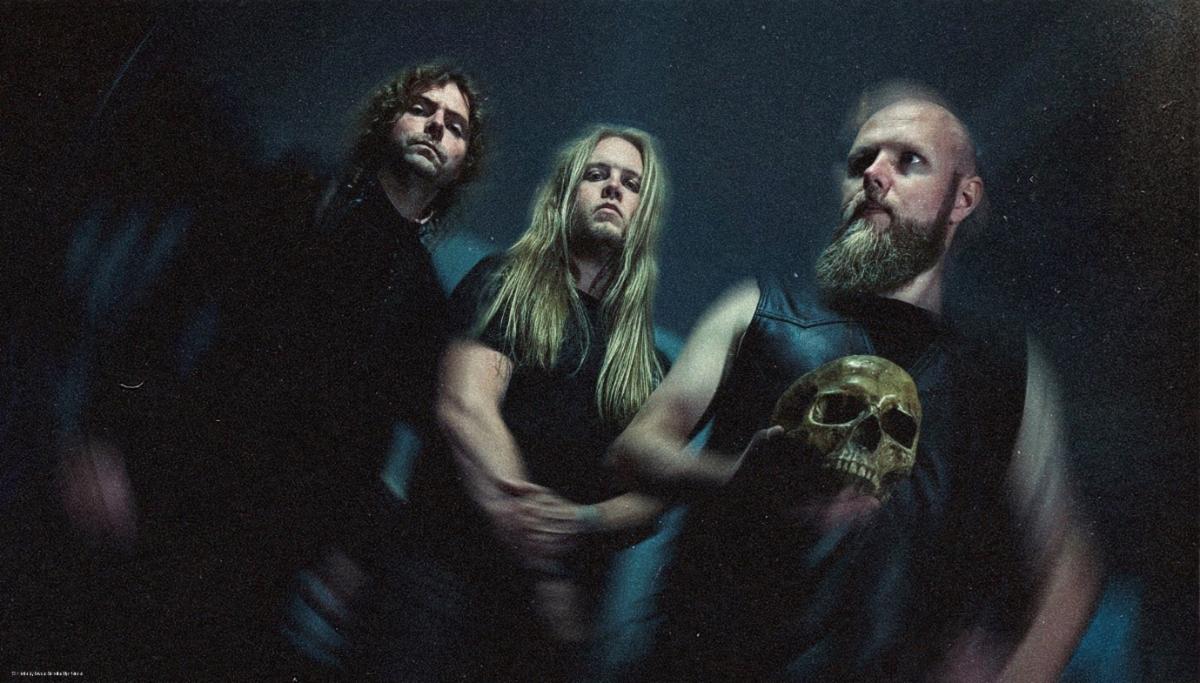
This State of the Metaverse Address is an homage to internet pioneers of the ’90s — when I was just a twinkle in my parents’ eyes — and their relentless innovation and championing of the inevitably of the internet. Without them, we would not have the tools and technology to trailblaze the evolutionary philosophy known as Web3.
The root of the word “philosophy” is philosophia, meaning “love of wisdom.”
Is there a single sector of society that loves wisdom more than the internet?
From finding the answer to all of life’s questions in seconds to memes that feel so broad yet oddly specific, and even consuming information you never wanted to about vaccines from the people you went to high school with — the internet is full of wisdom!
In 1993, just over 14 million people used the internet across the 130 total registered websites. Today, nearly half of the world’s total population uses the internet at least once a week.
The impact of the internet is undeniable — from interpersonal skill deficiencies to consumerism to content distribution, still, the paradigm shift is relatively indiscernible to most millennials and likely nonexistent to Gen Zers.
Fleeting memories of dial-up tones, America Online and home phones are as few and far between as the feeling of abruptly snapping a flip phone or destroying servers with your partner in crime, LimeWire.
Read more: How PRISM Collective is helping others feel like they belong in Web3
Experiences of culture changing in real-time are now consigned to oblivion.
We are the generation of digitally driven lab rats: collectively adopting and intrinsically understanding the internet and lending our identities to corporations to inform their proprietary technology and increase their revenue.
This State of the Metaverse Address is an homage to the internet pioneers of the ’90s: us.
We are the unequivocal revolutionaries that corporate tech giants such as Google, Apple and Facebook can’t continue to keep up with, let alone monopolize.
Internet culture and popular culture are nearing collision at a rapid velocity. So, fasten your seatbelt, use Face ID to log in and upload your consciousness to the cloud. Next stop: crypto culture.
Welcome to the Wild, Wild West of Web3.
Just beyond the giant bags of money, you’ll see Silicon Valley’s finest foaming at the mouth.
Read more: What is the metaverse? A beginner’s guide to virtual worlds
On your left, the latest “BIG BRAND” board exec is seen begging their resident Gen-Z employee for a crumb of clarification on crypto colloquialisms.
And just beyond an OpenSea of Dickbutts, Pickles, Pudgy Penguins and ’Sup Ducks, you’ll stumble across a population dubbed “DEGENS.”
Contrary to mainstream belief, being a degen is not just “buy first, ask later” and seeing the world through “3D-colored glasses.”
For every degen daytrader YOLO-ing their networth on the promise of moonin’, there are twice as many degen disciples whose value is more than the sum of their Punks, Apes and Alt Coins.
There are two things all divisions of degens have in common:
We call it Web3 because we don’t go to bed until 3 a.m., and together, we are incubating an entirely new zeitgeist with its own intricate ecosystem of subcultures.
We occupy secret social spaces. We speak in foreign but familiar languages. We transact with pseudo-anonymity. We build community. We collect art. We define crypto culture.
We are artists, gamers, influencers, devs, superstars, entrepreneurs, marketers, and, sure, some of us are gamblers, but what is more: We are the owners of our digital identity.
We are trailblazers of the evolutionary philosophy known as Web3.
We are building the future of the internet, with or without you.
DISCLAIMER: THIS IS NOT FINANCIAL ADVICE. Please do your own research and consult with professionals when making any investments.





















 #fashion #style
#fashion #style





